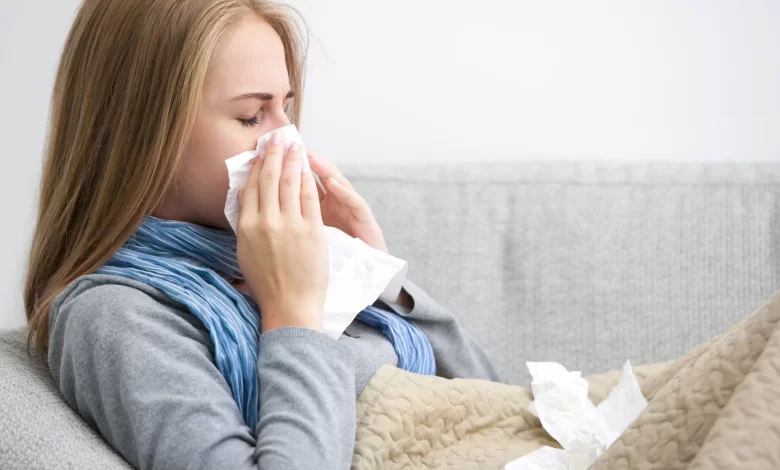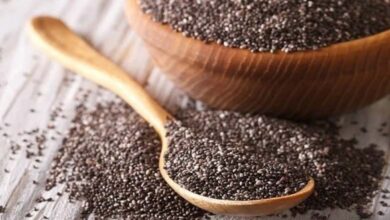Why do people fall ill in the winter? Everything would be played in the nose…

First, in 2018, the research team discovered that there was a defense mechanism specific to the nose.
“When bacteria are inhaled, cells located at the entrance to the nose detect them and then release billions of small fluid-filled sacs called extracellular vesicles into the mucus to attack the microbes,” the authors describe.
Also called exosomes, these biological elements therefore protect us from bacterial attacks. Especially since they then circulate towards the back of the nose and then towards the airways, thus protecting the other cells against these pathogens before they enter the body.
Cold inhibits nasal defenses
But these findings do not explain why winter is more prone to colds and other flus – mainly caused by viruses – than other seasons. Well, the researchers finally found the explanation in a second part of their study. This time, they analyzed how nasal cells and tissues responded to three viruses: a coronavirus and two rhinoviruses. First, the scientists confirmed that the extracellular vesicle production mechanism also kicks in for the three pathogens, in a similar way to the reaction against bacteria.
But above all they tested the effect of the cold. After finding that the temperature dropped by around 5°C inside the nose of healthy volunteers when exposed to a 4°C environment, they placed nasal tissue under these same conditions. The result provided immediate insight: “the quantity of extracellular vesicles secreted by the nasal cells was then reduced by 42% compared to a warmer environment”, indicate the authors.
“These combined findings provide a mechanical explanation for the very existence of seasonal variation in upper respiratory infections,” they say. It now remains to be determined “how to exploit this discovery, recreate a defense mechanism in the nose and thus boost its protection, during the cold months”, they conclude.












